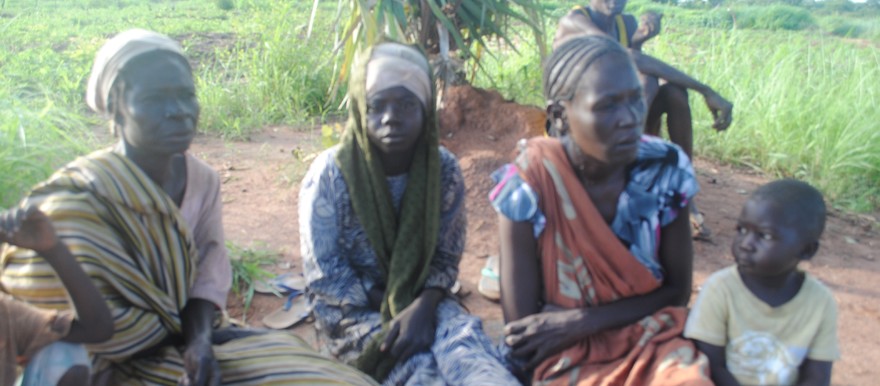Over 14000 people in Timsa in north-western Bahr El Ghazal face hunger and a shortage of medicines, according to a medical officer who recently visited the area. Timsa lies near the border with South Darfur and is cut off from the south by flooding of the River Boro and other streams.
Idriss Tedid, a medical worker at Timsa Clinic, told Radio Tamazuj after his arrival to Raja town on Monday that over 14000 people are facing serious starvation due to shortages of food that is facing the place. He said that traders cannot transport food in due to bad roads and rains that caused flooding in the area. With the continuous flooding in Timsa area, citizens’ crops have been washed away contributing to the existing food shortage.
“I came to Raja to report to the county authority on what is happening in Timsa, over 14000 people are starving,” said Idriss Tedid.
The officer explained that those people are comprised of Sudanese refugees who are coming from South Darfur fearing for their lives from the war that is going on between SAF and the rebels, and some people who were displaced from Firga, Sere Malaga, and Radom.
“Twenty-five (25) people died from the starvation,’’ Idris Tedid told Radio Tamazuj. He added that among these victims were children and the elderly.
According to the medical officer, there is no any NGO that is on the ground offering service to the people of Timsa. “I am appealing to the government to do something before the number of deaths gets worse,” he reported with annoyance. He added that he came by foot and used a boat to cross the river. He said many seasonal streams have flooded contributing to deterioration of roads conditions.
The officer additionally complained of sicknesses that are reported in the clinic like malaria, watery stool, cough and yet there are no drugs in the clinic to help the patient.
Timsa is not accessible by vehicle from Raja town. Information from the area is only available from people who have traveled from there. Idriss Tedid’s claims could not be independently verified.




